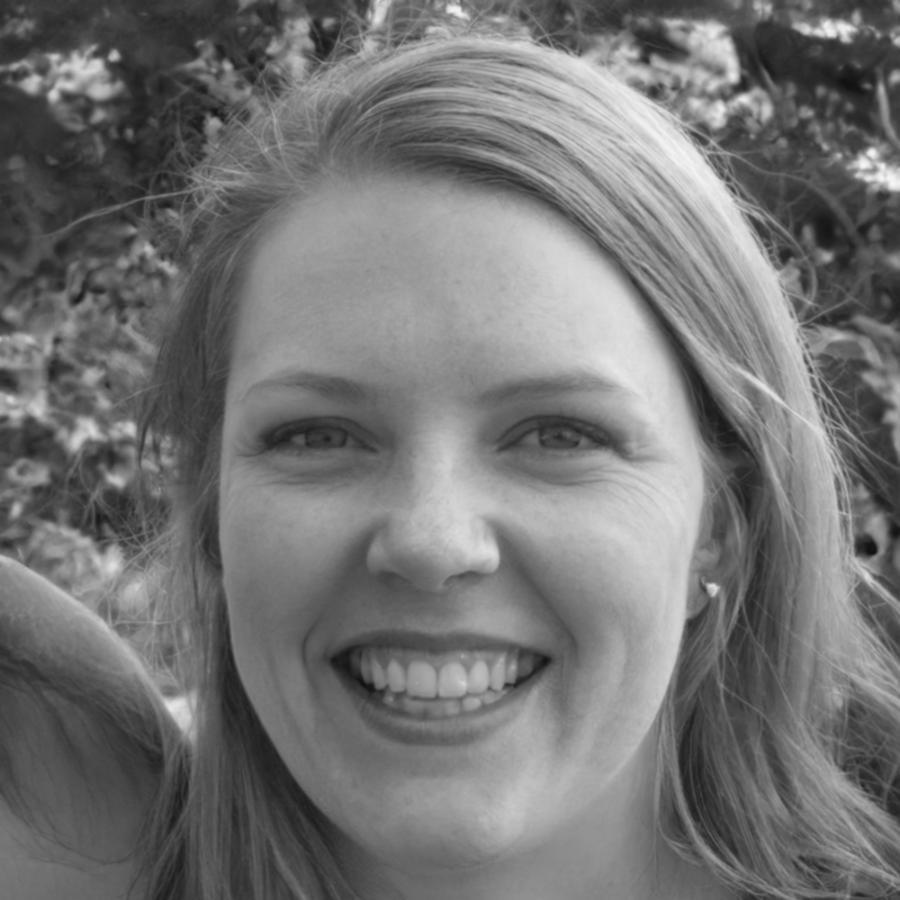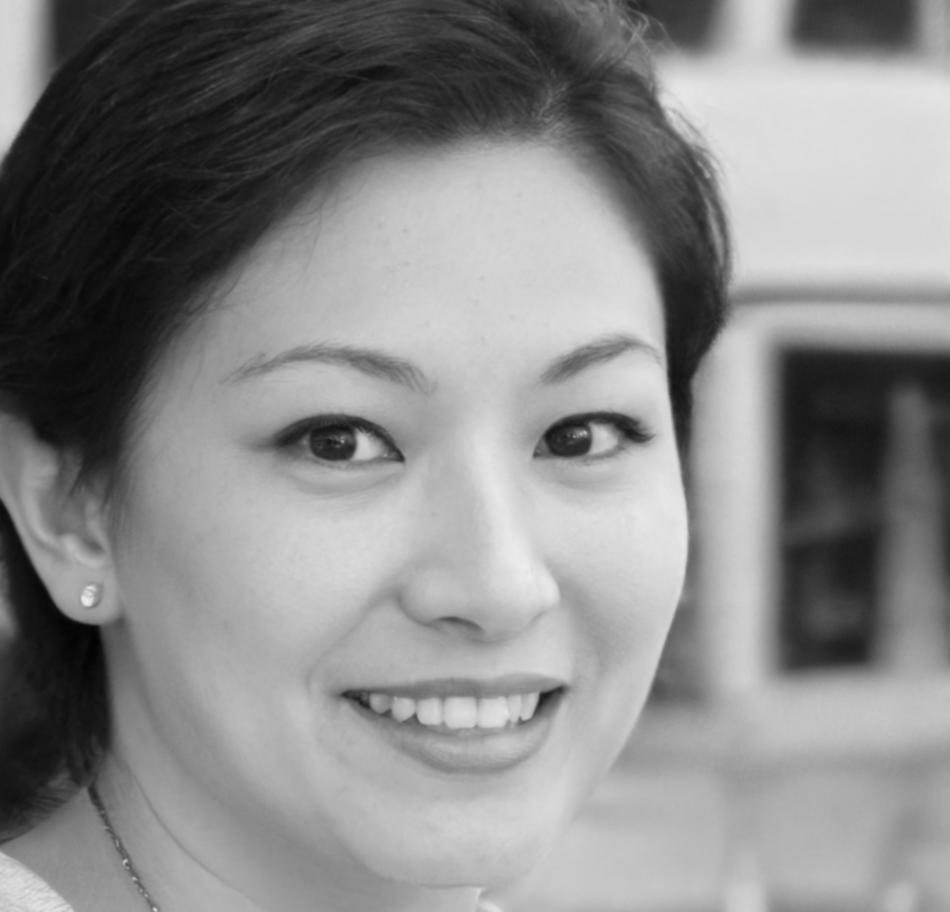The Problem We Couldn't Ignore
Back in 2019, I was consulting for a mid-sized property firm in
Sydney. They'd spent six months planning a development project.
Everything looked solid on paper. Then market conditions shifted, and
their entire financial model collapsed within weeks.
What struck me wasn't that conditions changed. Markets do that.
What bothered me was that nobody had stress-tested their assumptions.
They'd built one scenario and assumed it would hold.
That experience kept nagging at me. I started looking around and
saw the same issue everywhere. People treating financial planning
like following a recipe instead of understanding the underlying
dynamics.
So we built something different. Not another course promising
quick results, but a proper learning system that teaches you how to
think through financial scenarios from multiple angles.




